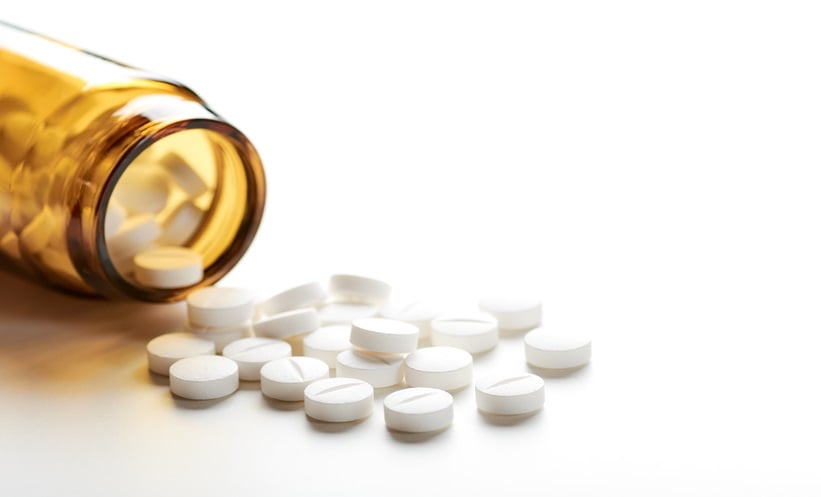A MAJOR new study has reaffirmed the protective role of calcium against colorectal cancer (CRC), finding that higher calcium intake, regardless of its source, was consistently associated with a lower risk of developing the disease.
The research analysed data from more than 471,000 adults enrolled in the NIH-AARP Diet and Health Study, with over 20 years of follow-up. The findings showed that participants with the highest calcium intake had a 29% lower risk of colorectal cancer compared to those with the lowest intake (Hazard Ratio [HR], 0.71).
Importantly, the reduced cancer risk was observed across tumour sites and for all calcium sources, including dairy, non-dairy food sources, and supplements.
“Calcium’s protective effect appears robust, regardless of how it’s consumed,” said lead author Semi Zouiouich, PhD, MPH.
Over the study period, more than 10,600 colorectal cancer cases were recorded. Those in the highest quintile of calcium intake consumed more than 1,700–2,000 mg/day, while those in the lowest quintile consumed around 400 mg/day, far below the recommended daily amount for older adults.
The study also examined racial and ethnic disparities in calcium intake. For example, non-Hispanic Black participants in the lowest intake group averaged only 382 mg/day. While the protective effect of calcium was observed across most subgroups, the association was not statistically significant among non-Hispanic Black participants, possibly due to smaller sample sizes in this group.
The researchers suggest that public health efforts to increase calcium intake, particularly among populations with lower baseline levels, could help reduce disparities in colorectal cancer outcomes.
Reference
Zouiouich S et al. Calcium Intake and Risk of Colorectal Cancer in the NIH-AARP Diet and Health Study. JAMA Netw Open. 2025;8(2):e2460283.








